SUMMARY
This is AI generated summarization, which may have errors. For context, always refer to the full article.
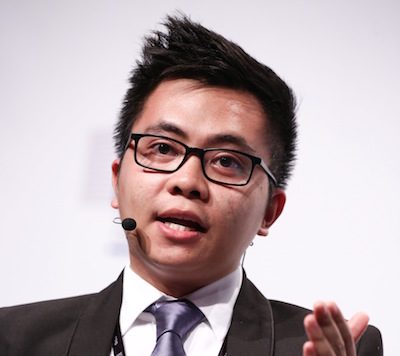
Last October 10, President Rodrigo Duterte directed the Philippine Drug Enforcement Agency (PDEA) to be the “sole agency” in charge of the war against drugs.
With PDEA at the helm, the Philippine National Police (PNP) and its Oplan Tokhang, the bloody and violent campaign that sought to curtail drug abuse, was in effect, sidelined.
The question, however remains: Are minors now safe after Mr Duterte transferred the drug operations from the PNP to PDEA?
In my article “Children in Duterte’s bloody war on drugs,” I narrated stories from families with children whose rights were intentionally violated by state agents – arbitrary arrests, sexual abuse, and death.
In the first year of Mr Duterte’s presidency, the PNP already reported more than 3,800 deaths in relation to its anti-drug operations. Human rights groups and organizations, however, claim that the number already reached around 13,000 deaths. This excludes the number of children who were caught in drug operations – some intentionally killed, others “collateral damage”, as Mr Duterte has proclaimed.
Yet the horrors continue. The “nanlaban” (those who allegedly fought back against authorities) narrative has been scrapped from police reports involving minors killed from October onwards. In my interview with a local-based child rights protection advocacy group, the a dark shadow still looms over urban communities.
Kian delos Santos, a minor killed in the drug war, was not the last. The testimonies of families, non-governmental organizations, and advocacy groups, indicate that a pattern continues. The deaths of minors, allegedly killed by police officers, frequently take place between the hours of 10 pm and 3 am. Police reports now consistently cite “gang war” or “love triangle” – all of a sudden, “nanlaban” is no longer part of the storyline.
In one Metro Manila city, another pattern prevails. In operations where police officers kill alleged suspects in their drug operations, minors and children present at the crime scene – and who are potential witnesses – are brought to detention centers, placed behind bars, and are accused of illegal possession of drugs. Others are threatened.
In my interview with Rowena Delgado, executive director of the Children’s Legal Rights and Development Center, Inc (CLRDC), the number of child drug-related deaths already reached 60 as of October of this year.
“As we celebrate the National Children’s Month this November, it is important that this government should uphold the protection of children. In these cases, wherein state authorities are the perpetrators, we must seek accountability. The state should protect children and minors to enhance their growth and development, not butchered,” she said.
The Duterte administration should consider strong socio-economic interventions with respect to vulnerable families and marginalized children. The government must consider institutionalizing harm-reduction policies in communities to help minors and their families – policies based on science and research, not violence. – Rappler.com
Reuben James Barrete is a development worker focusing on human rights and social protection. He is finishing his master’s degree in International Studies at the University of the Philippines.
Top photo: A mother wearing a Duterte wristband, accompanies her minor son at a police station after being temporarily detained for violating curfew in this picture taken on June 8, 2016. File photo by Noel Celis/AFP
Add a comment
How does this make you feel?
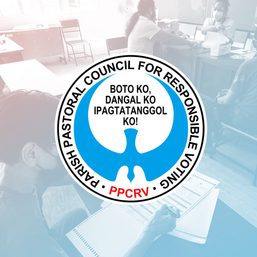
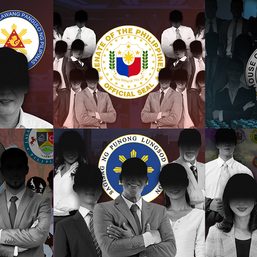
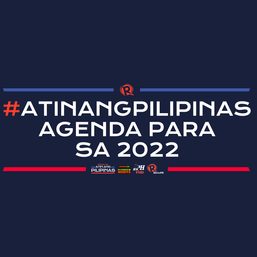
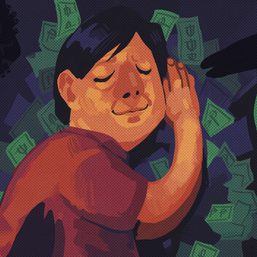
![[PODCAST] Beyond the Stories: Ang milyon-milyong kontrata ng F2 Logistics mula sa Comelec](https://www.rappler.com/tachyon/2021/11/newsbreak-beyond-the-stories-square-with-topic-comelec.jpg?resize=257%2C257&crop_strategy=attention)
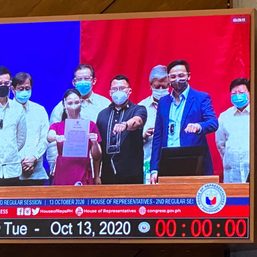
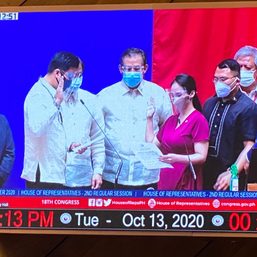
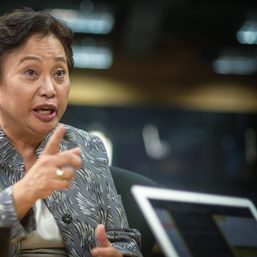
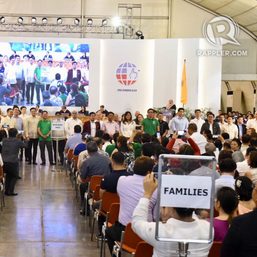
There are no comments yet. Add your comment to start the conversation.